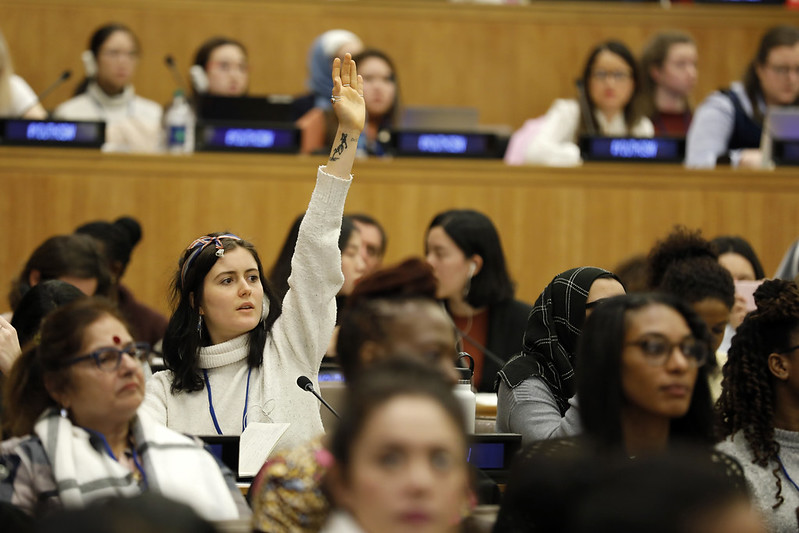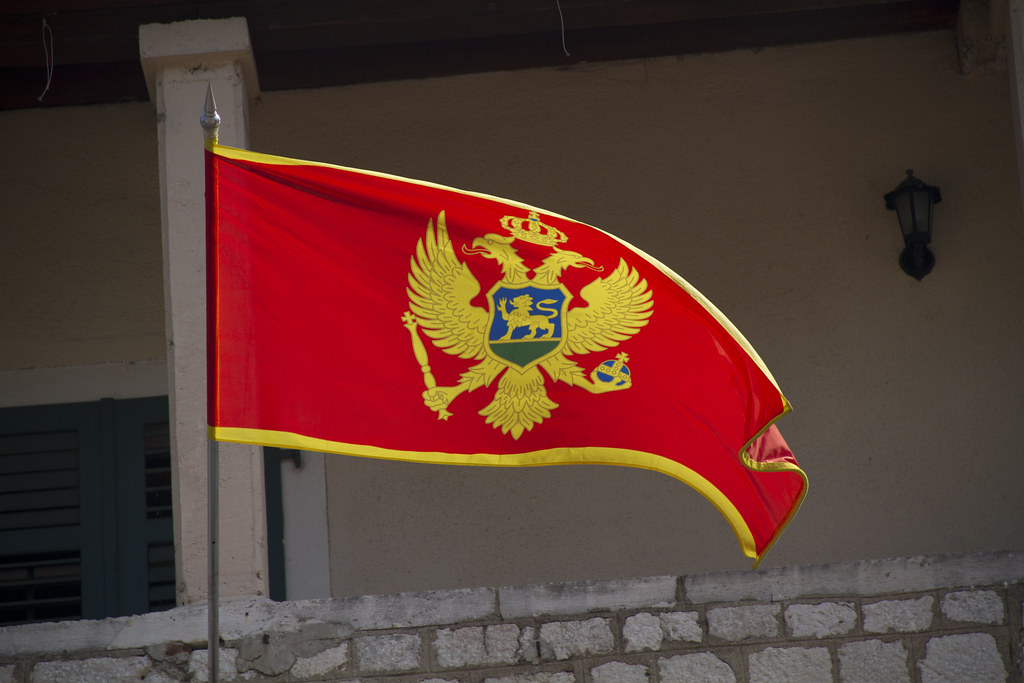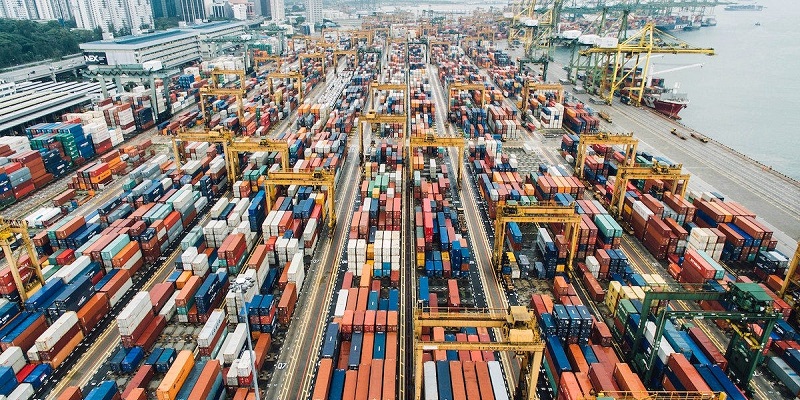For loyal followers of international climate politics, the potential of Australia’s successful bid to host the United Nations climate conference, COP31, is much like having the Olympics come to our shores. An Australia-flavoured COP will enable Australia to set the climate agenda, although it will also put its lack-luster climate change mitigation efforts in the international spotlight.
The “Conference of the Parties” or “COP” conferences are the largest conferences on climate change and primarily involve the negotiations of the UN agreements which, in theory, govern international climate action.
These conferences are huge—some of the largest in recent memory have seen up to 100,000 people attend. Hence, it is not facetious to say that they are the Olympics of climate change, with the host city often donning COP memorabilia all around town. At one COP I attended, delegates were eligible for discounts at local restaurants.
We will likely learn if Australia will host the 31st COP in 2026 at the Bonn negotiations being held between the 16th and 26th of June. So, what will COP31 entail for Australia?
Australia can set the agenda
Most prominently, the host country gets to choose the “action agenda” of the COP. This is an opportunity for the host to focus the world’s attention on a specific aspect of climate change. Australian ministers have pitched this as a “Pacific COP” meaning the Pacific Islands should have a significant influence over this agenda.
The agendas on the table at the last few years have been about financing climate change mitigation, adaptation, and “Loss and Damage.” While all incredibly important to the region, I expect that the Pacific Islanders consulted will want more focus on mitigation and emissions reduction—both of which have been overshadowed in the past few COPs by financing issues.
However, as “officially” Australia would be the host of the Conference, the Australians will have the final say and I doubt they would be willing to put their own lack-luster mitigation in the international spotlight. I hope to be proven wrong on this.
Criticism
Hosting such a global event will mean all eyes will be on Australia. The aforementioned charm of our negotiators is not enough to negate the other reputation Australians have as “western lackies” whose laggard negotiating on mitigation targets frequently follows the lead of US and UK negotiators. In fact, Australia is an annual winner of COP civil-society tradition “Fossil of the Day.”
Australia will be the third petro-state to host a COP in recent years. And much like our colleagues in the UAE and Azerbaijan, hosting a climate conference will put our planet-destroying fossil fuel industry in the spotlight. This will be particularly highlighted given Labor’s recent approval of the extension to Australia’s biggest and dirtiest gas plant—Woodside’s North West Shelf. This approval undermines not only Australia’s supposed commitment to climate change mitigation but also its commitment to First Nations peoples given its harm to local, sacred rock art and has already been criticised by Vanuatu and the Pacific Island Climate Action Network.
I also expect there will be a lot of chatter about how far away Australia is, with almost all international delegates having to endure large, long-haul flights to get here.
Internally, as outed prime ministerial candidate Peter Dutton has already attempted, I think we will see Australians critique the cost of the COP. The right of politics will likely follow Dutton in calling the conference unnecessary “madness,” and the left likely citing the ecological cost of the conference and the fact that the money that went into this conference could be better spent on mitigation and adaptation.
While the UNFCCC is slow moving, and there are many climate activists now boycotting the conferences, I remain excited for COP31 down under with the hope that Pacific voices will be platformed and international pressure leads to the reformation of our own petro-state. I will however finish this section with a quote from one Pacific climate activist: “Australia aims to host COP31 and currently has the Pacific ‘seal of approval’—if they want to keep it, it’s time for them to listen to us more than coal and gas lobbyists.”
An Australian-flavoured COP
For almost the entirety of the UNFCCC’s history, Australia has been seen as one of the bad guys. Our reputation as a resource-state is well known. We, alongside the US, were the only ones to not originally ratify the UNFCCC’s Kyoto Climate Agreement.
We have been known to cheat UNFCCC reporting by counting deforestation in our emissions accounting. It was even suggested by Former Fijian Prime Minister Frank Bainamarama that Australia was in the “coalition of the selfish” and that we should be kicked out of the UNFCCC.
However, after the 2022 election, Australia has attempted to rehabilitate this image. The Department of Climate Change, Energy, Environment and Water (DCCEEW) organises the Australia pavilions at COP conferences, and they put on a good show. These spaces are some of the most beautiful at COP and are covered in Indigenous art. The Australians have also become famous for having the best coffee in the conference centers, having barista made coffees from Australian-roasted, net-zero beans that dazzle international delegates who do not come from cultures of such coffee-snobbery as our own.
Our Australian negotiators also represent us very well. The DCCEEW team are a passionate, well-organised, charming, and relatively young crew who stand out compared to their international colleagues. They have become known to international leaders in diversity and inclusion efforts and are also a funny bunch with some known for making efforts to sit behind the “69” flag at negotiating tables.
I thus expect that a COP down-under will follow suit. Years before the bid was approved, DCCEEW had staff working to organise a then-hypothetical COP31. I expect the conference will be extremely professionally run. However, professionalism will not be able to completely whitewash Australia’s track record as a high polluter.
Isabelle Zhu-Maguire is a PhD candidate at the Coral Bell School of Asia and Pacific Affairs, Department of International Relations within the Australian National University. Her thesis investigates the ways in which Australia listens and responds to the climate advocacy of Pacific Island Nations.
This article is published under a Creative Commons License and may be republished with attribution.





